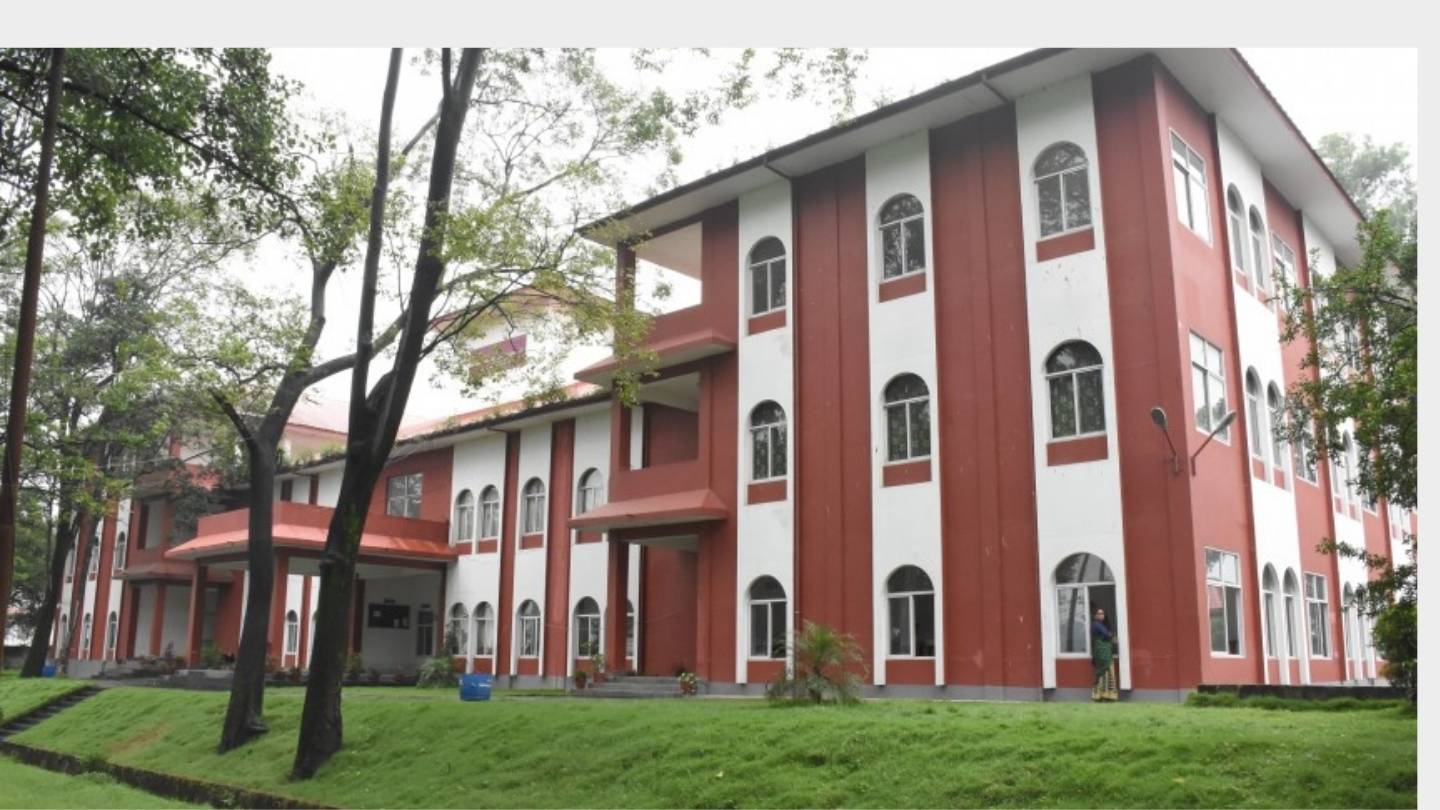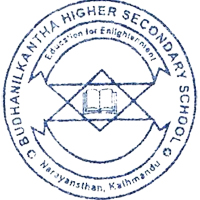Overview
Bachelor of Business Administration (BBA) at Sainik Awasiya Mahavidyalaya, Bhaktapur (TU Affiliation)
BBA at Sainik Awasiya Mahavidyalaya, Bhaktapur follows the Tribhuvan University semester system. The program spans eight semesters totaling 120 credit hours.
Students study management foundations, quantitative methods, information systems, communication, and sector electives.
Entry requires TU’s CMAT followed by interview shortlisting.

Highlights
-
TU semester system: 8 semesters, 120 credit hours.
-
Internal evaluation (approx. 40%) plus TU end-semester exams (approx. 60%).
-
Summer Project Report (SPR) under faculty supervision.
-
Eight-week internship after specialization courses.
-
Computer lab access and internet-supported classrooms.
Curriculum Details
Early semesters cover principles of management, micro/macro-economics, business communication, accounting, and quantitative techniques.
Middle semesters include organizational behavior, marketing, finance, operations, MIS, and business law.
Final semesters add specialization courses, research components, SPR, and internship. Continuous assessment—assignments, attendance, presentations, group exercises, first/second assessments, and pre-semester send-ups—supports exam preparedness.
Objectives
-
Build practical understanding of core business functions.
-
Strengthen analytical and communication skills for entry-level roles.
-
Provide structured exposure to real-world settings through internship and SPR.
-
Prepare students for postgraduate study and competitive selection processes.
Scope
Graduates enter business houses, banks and financial institutions, service-oriented organizations, NGOs/INGOs, and government offices.
Many move into sales, operations, accounts, HR support, and analyst roles, or start small ventures after experience and advisory guidance.
Learning Outcomes
-
Clear grasp of accounting basics, finance terms, and budgeting practices.
-
Ability to read business problems, compare options, and present a reasoned plan.
-
Team collaboration documented through case work and presentations.
-
Familiarity with workplace tools, business communication, and reporting.
Skill Development Modules
-
Communication labs: reports, memos, slides, short talks.
-
Quantitative practice: spreadsheets, summaries, and charts.
-
MIS and office productivity tools for project tasks.
-
Case analysis and short simulations in marketing/operations/HR.
-
Research mini-tasks leading to the Summer Project Report.
Teaching Methodology
Faculty integrate lectures, case discussions, group projects, role plays, and presentations. Pre-semester send-ups shape exam readiness.
The program uses the computer lab for data tasks and presentation creation. Feedback cycles help refine writing, numeric accuracy, and teamwork habits.
Admission Requirements
-
10+2 or equivalent with at least a second division from a TU-recognized board.
-
TU CMAT entrance (Verbal, Quantitative, Logical, General Awareness; 100 MCQs).
-
Minimum qualifying score for interview shortlisting.
-
Annual intake typically opens around the last week of Kartik.
-
Seat distribution follows the 60% Army / 40% civilian policy.
Career Opportunities
-
Banking and financial services (front office support, operations, credit assistance).
-
Business operations, sales coordination, and supply chain support.
-
HR/admin roles, project coordination in NGOs/INGOs.
-
Entrepreneurial trials after experience and mentoring.
-
Pathways to MBA and other postgraduate routes.
Scholarships and Financial Aid
Institutional scholarships support deserving candidates as per published rules. Applicants should check the latest call for categories, forms, and dates.
Why Choose This Course?
A steady TU structure, internship placement, and SPR create a clear link between classroom learning and workplace tasks.
Campus resources—library access, computer labs, medical support, and counseling—add practical scaffolding to the study routine.
Conclusion
BBA at SAMB offers a structured management route within TU standards. Students practice communication, analytics, and teamwork, backed by continuous assessment and field exposure.



